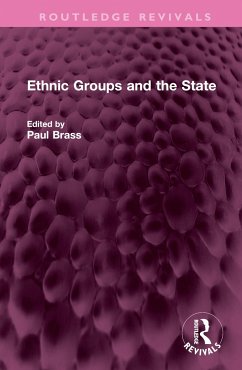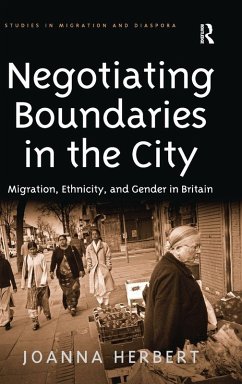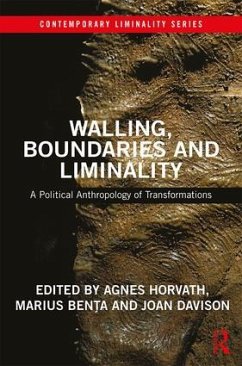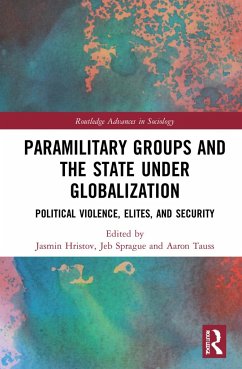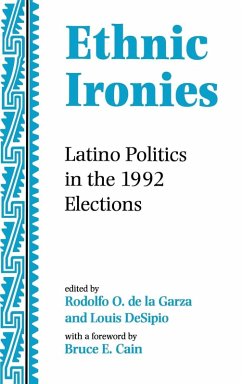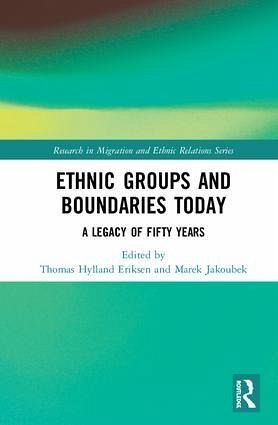
Ethnic Groups and Boundaries Today
A Legacy of Fifty Years
Herausgeber: Eriksen, Thomas Hylland; Jakoubek, Marek
Versandkostenfrei!
Versandfertig in 1-2 Wochen
168,99 €
inkl. MwSt.

PAYBACK Punkte
84 °P sammeln!
Ethnic Groups and Boundaries Today demonstrates the enduring significance of Barth's work, identifying its shortcomings and showcasing the state of the art today, fifty years after the publication of the ground-breaking original.




